Thematic areas
While UICC works on all aspects of cancer control covering all cancer types, the organisation pays special attention to a number of key thematic areas.
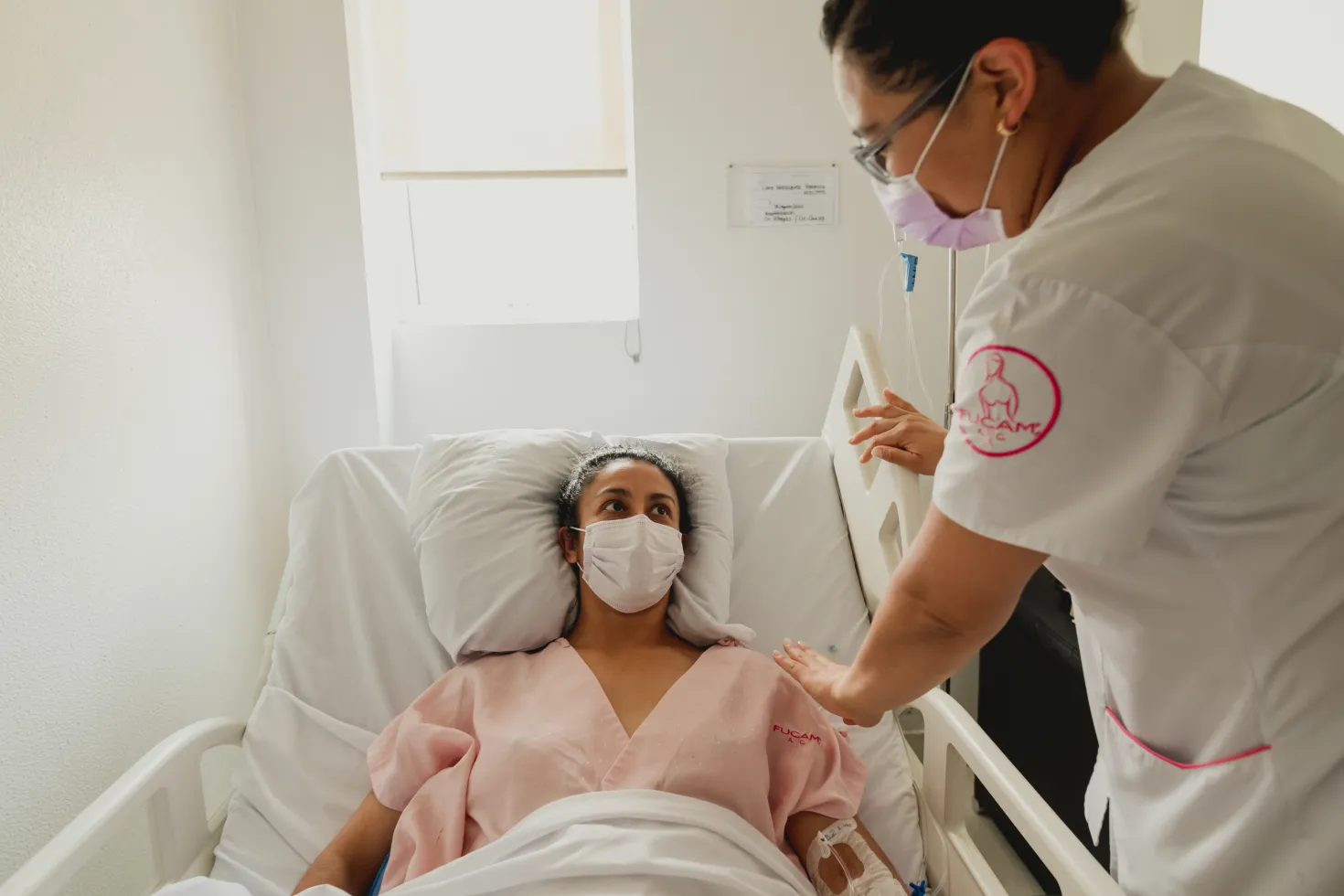
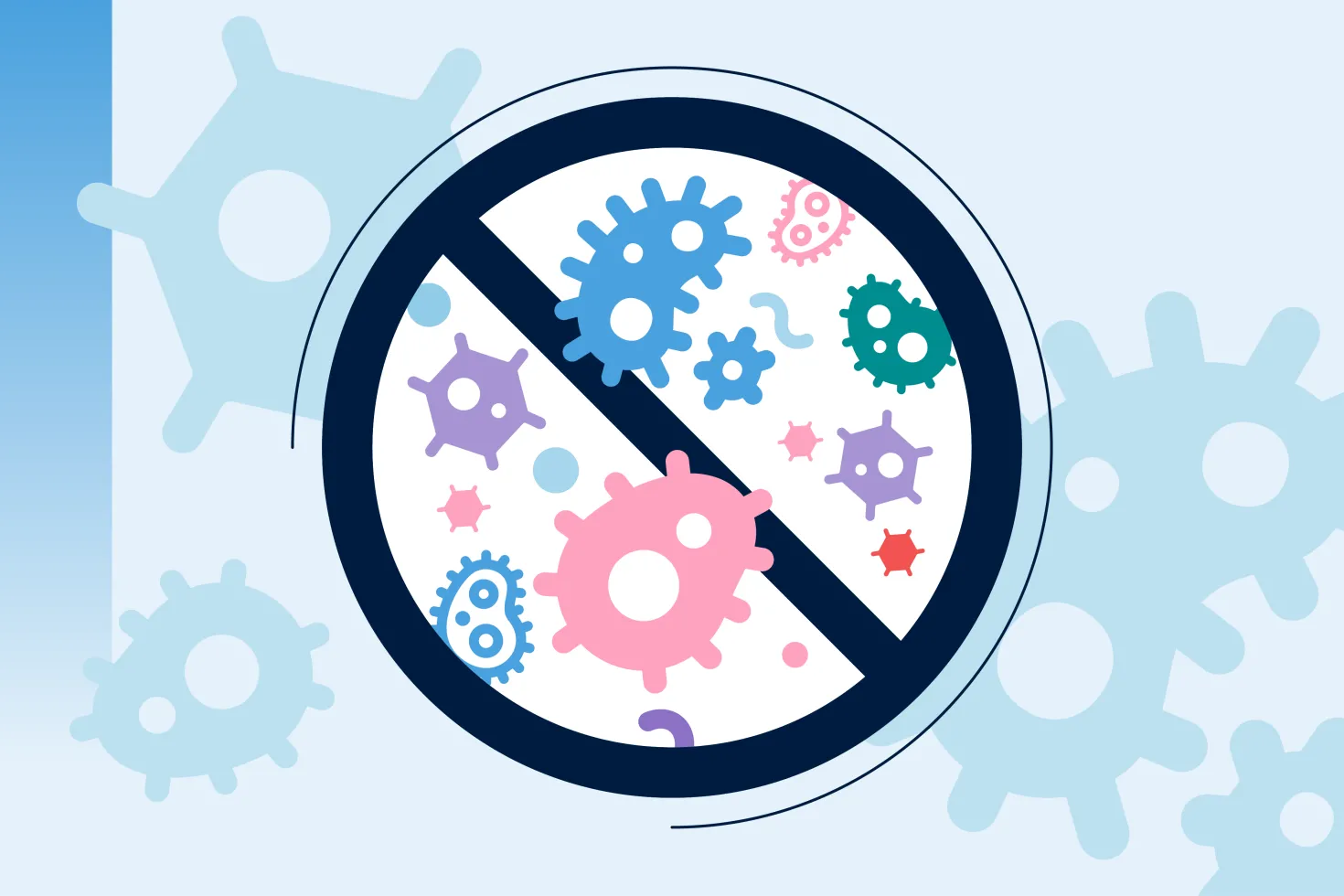
Antimicrobial resistance (AMR) or drug resistance, including antibiotic resistance, is a growing public health issue and needs urgent attention in countries around the world.
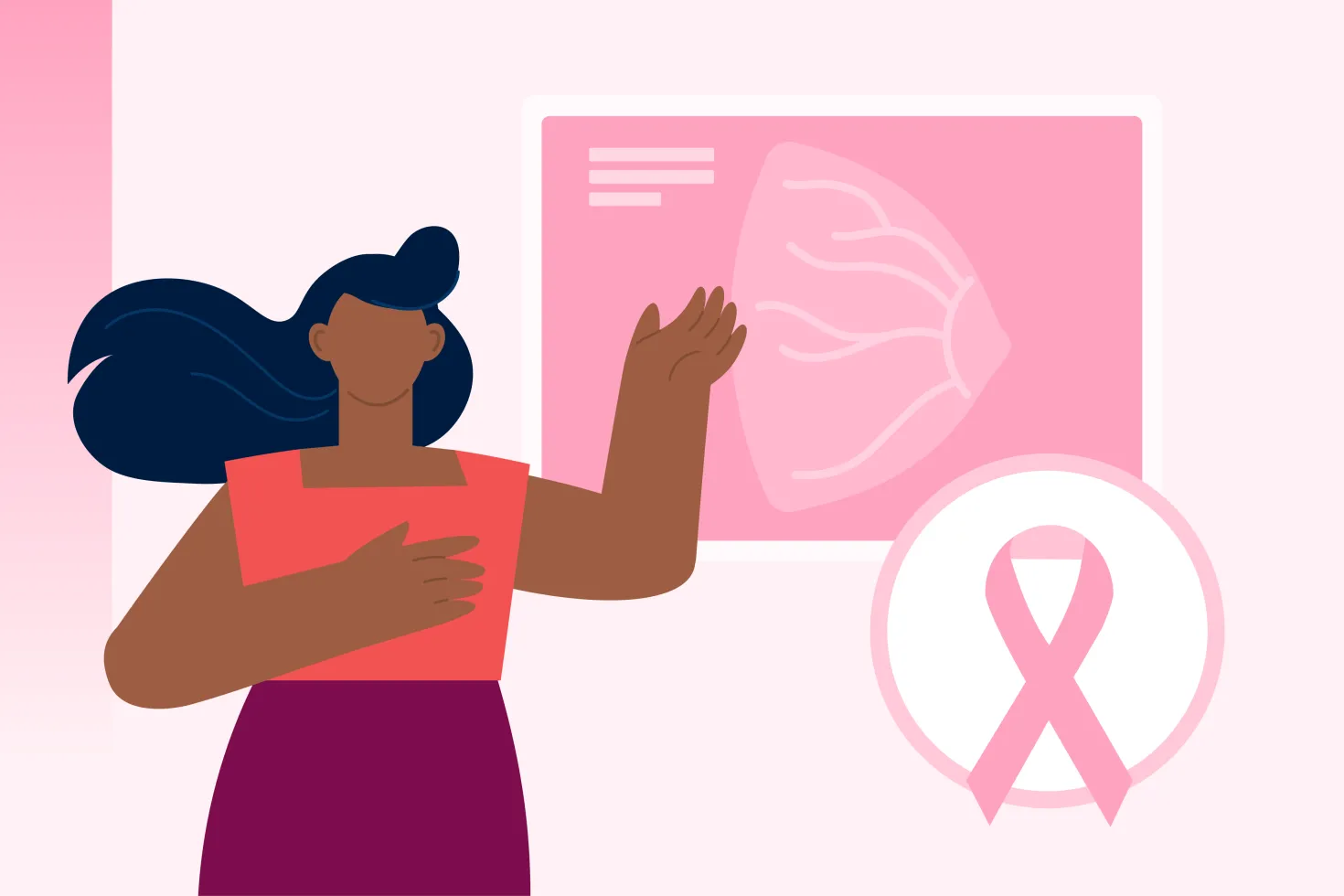
Breast cancer is the most diagnosed cancer globally. It accounts for 1 in 4 cancer cases among women and is the leading cause of death from cancer in women.
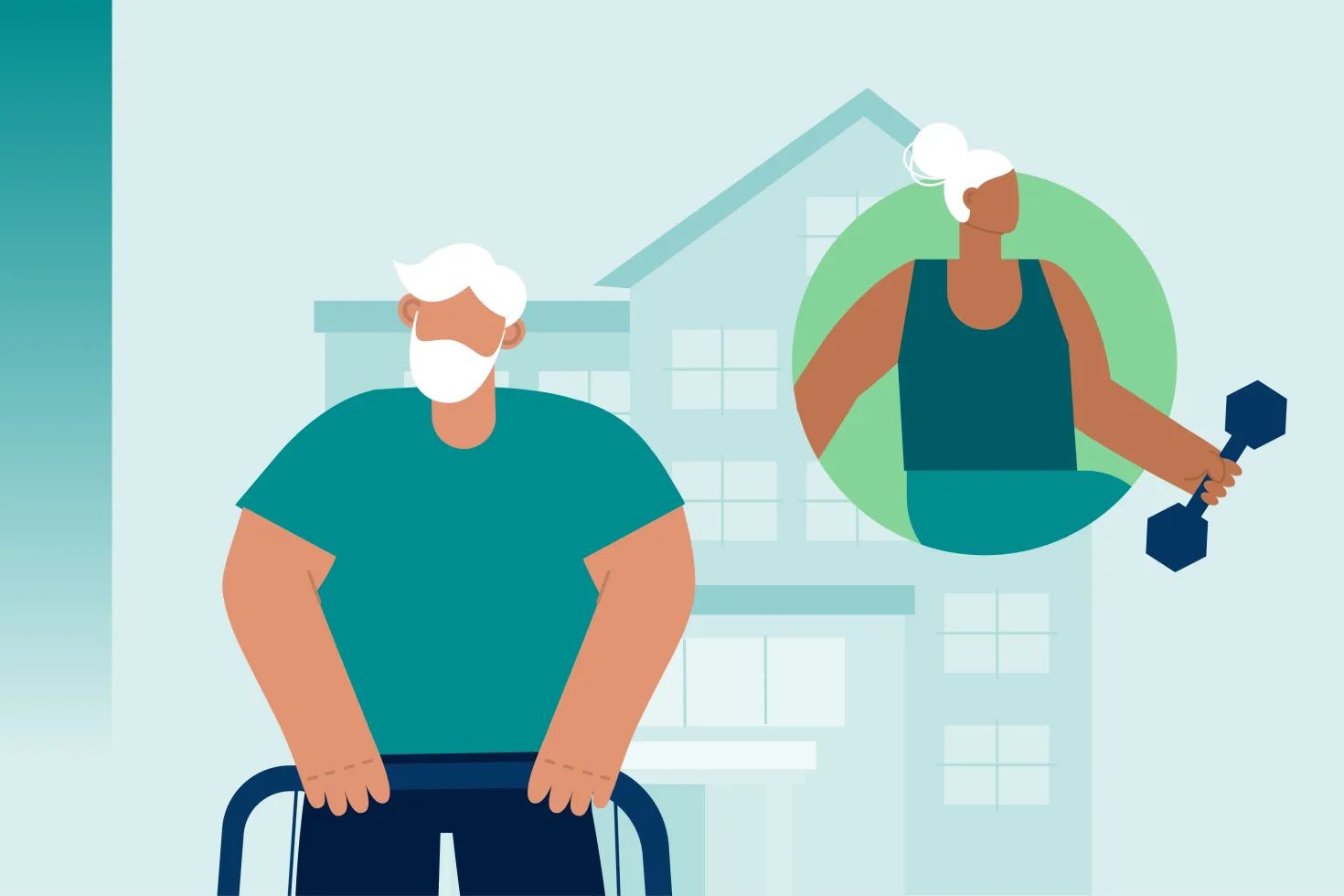
Population ageing will have consequences for cancer control globally as cancer is more prevalent in older adults. Cancer can develop at any age, but the incidence of cancer rises dramatically at a later stage in life.
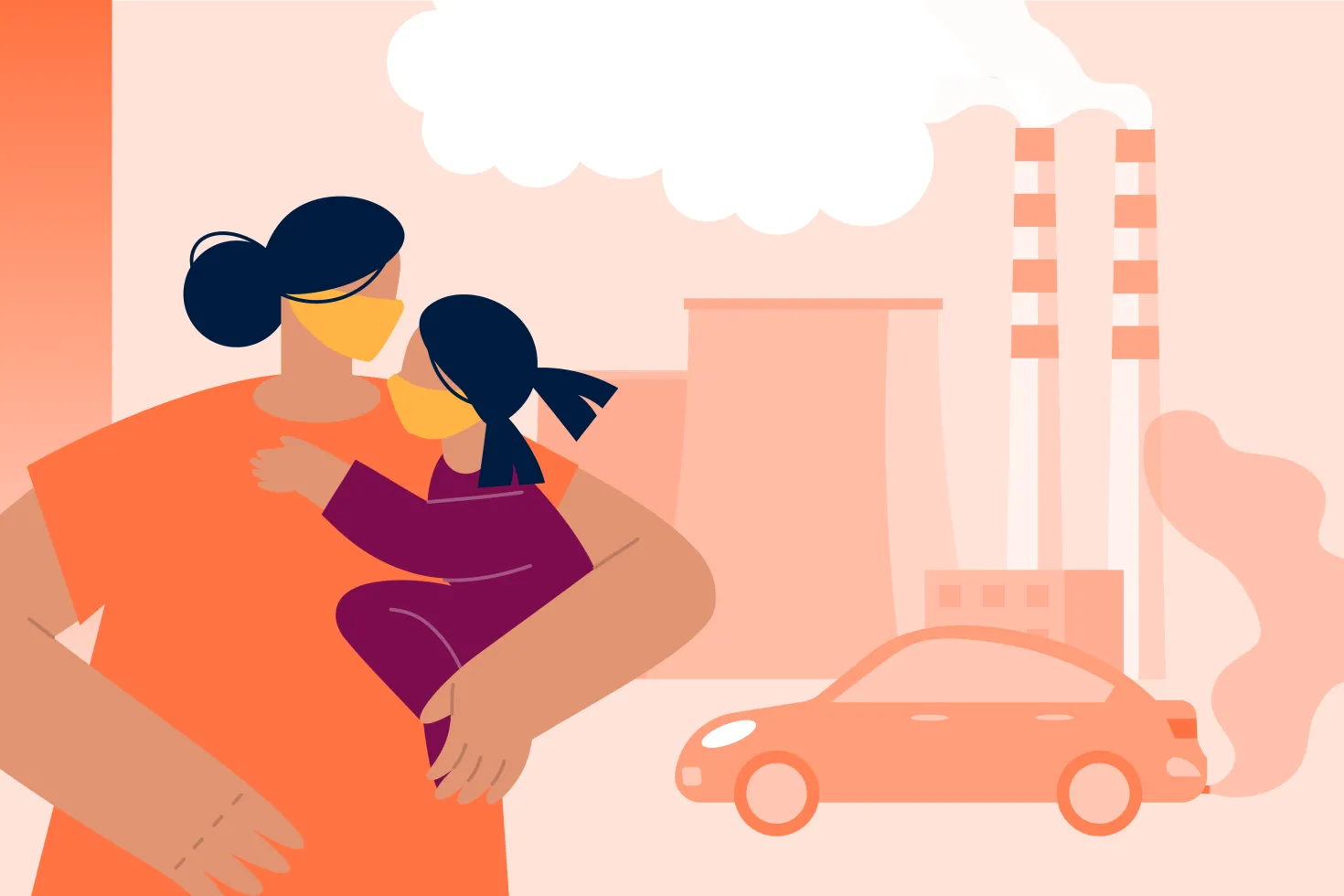
Exposure to air pollution can lead to cancer, stroke, respiratory, cardiovascular diseases and other health issues. Nearly half of lung cancer cases in people who have never smoked are estimated to be related to air pollution.
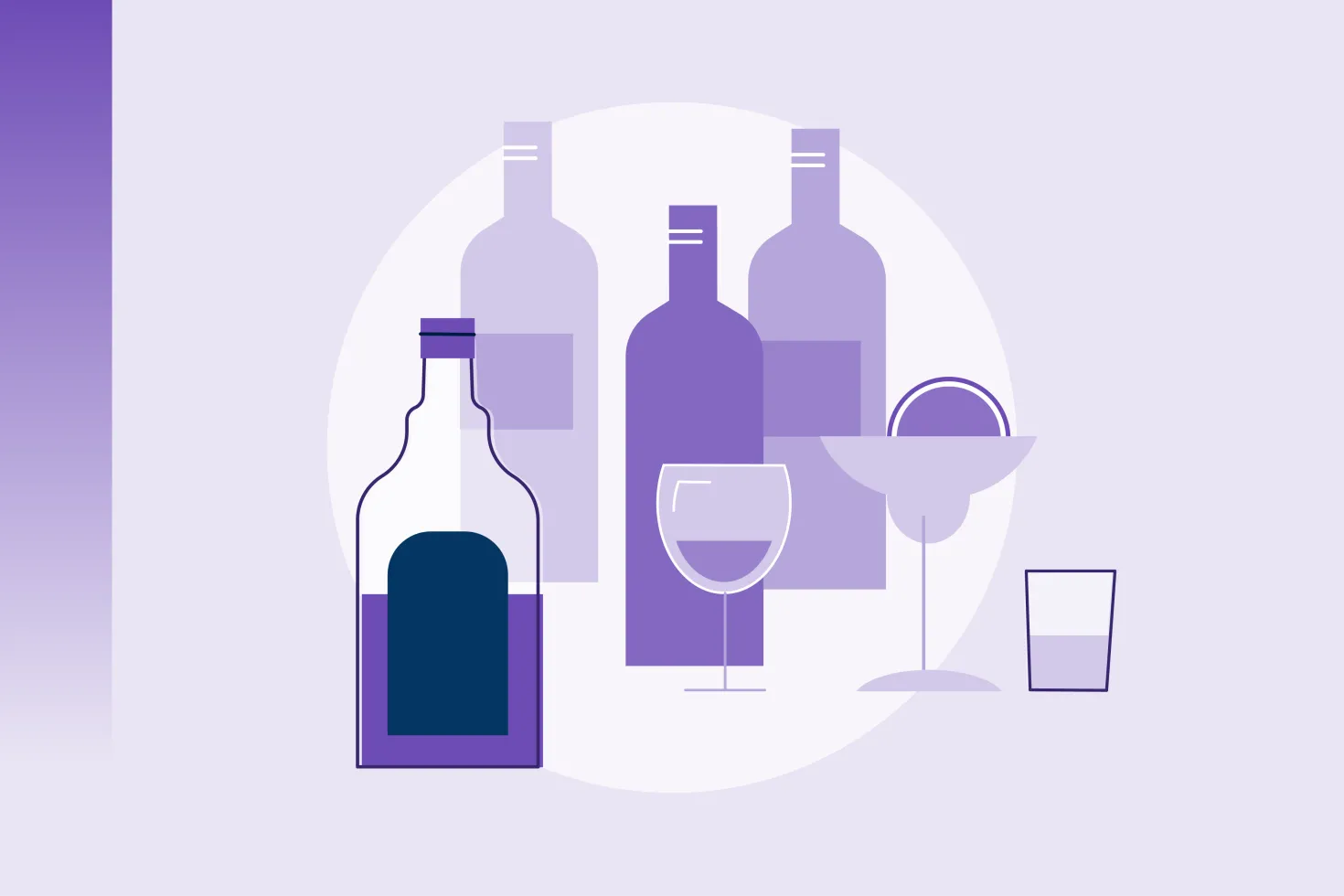
Alcohol consumption is a major risk factor for multiple cancers. The risk of developing cancer increases substantially with the amount of alcohol consumed and there is no safe level of consumption when it comes to cancer.
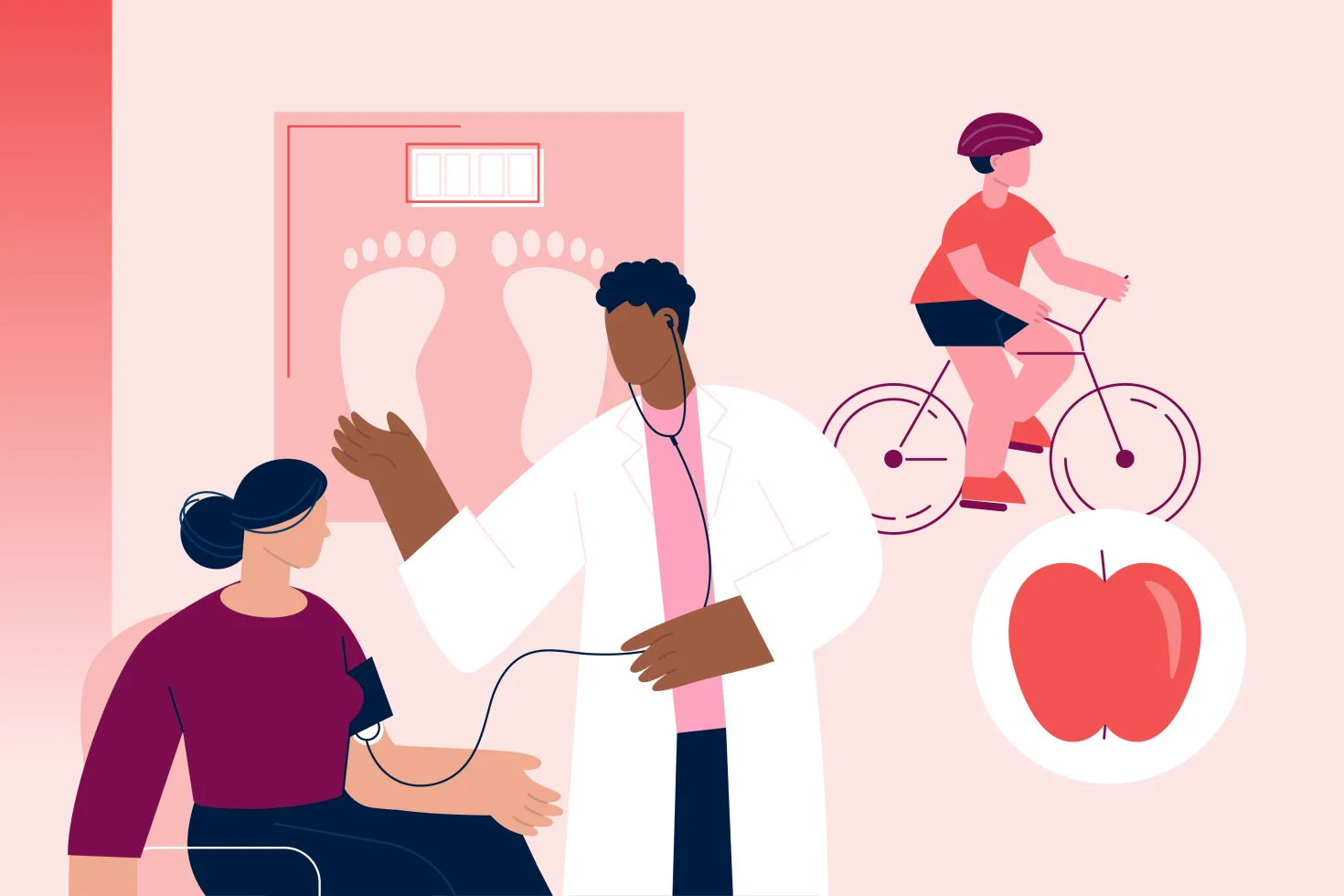
Effective actions by governments, organisations and individuals to reduce the risk factors for cancer, such as the consumption of tobacco, alcohol and unhealthy foods, can help prevent over one-third of all cancers.
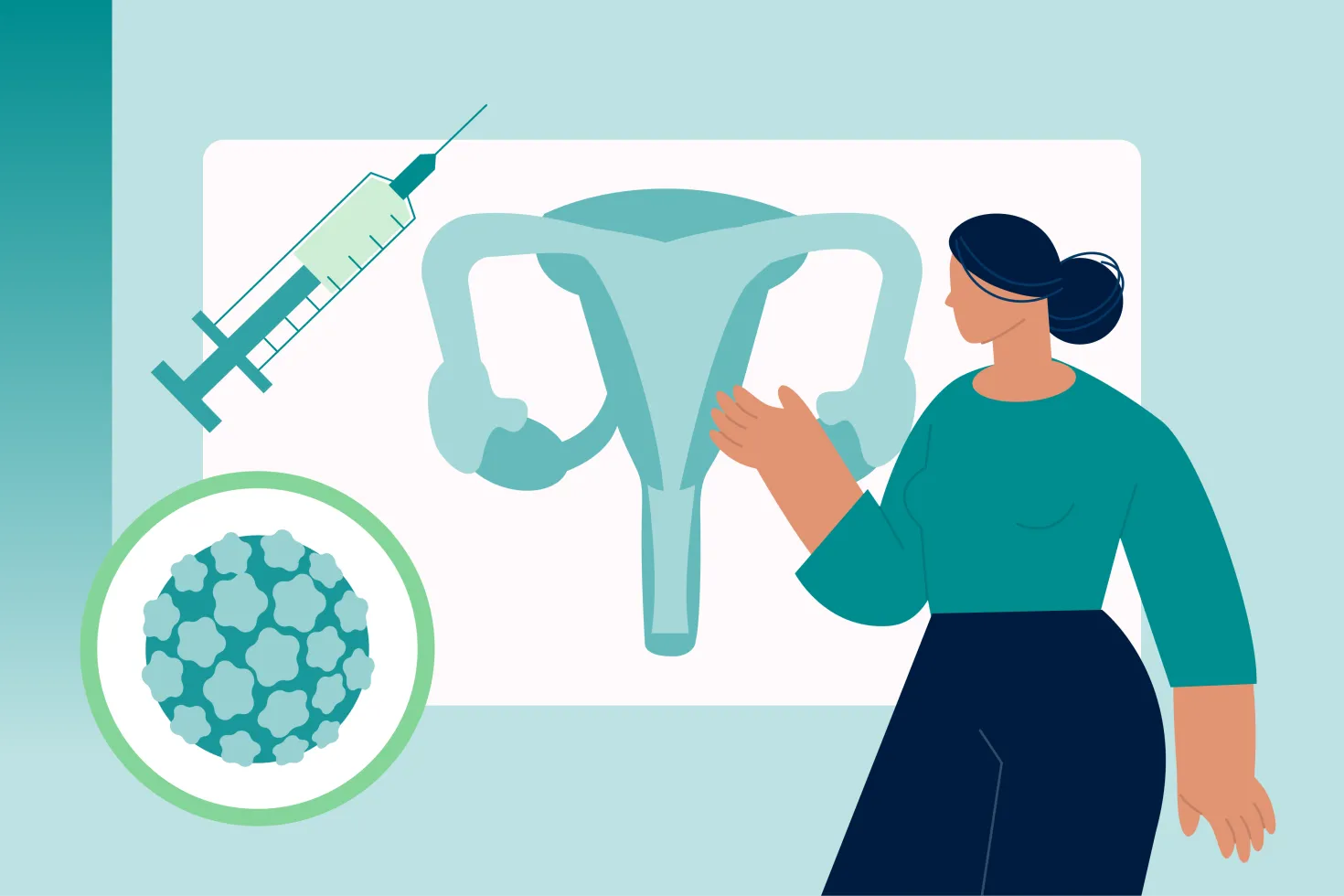
Cervical cancer is the fourth most common cancer among women globally and currently, one life is lost every 2 minutes to this disease.
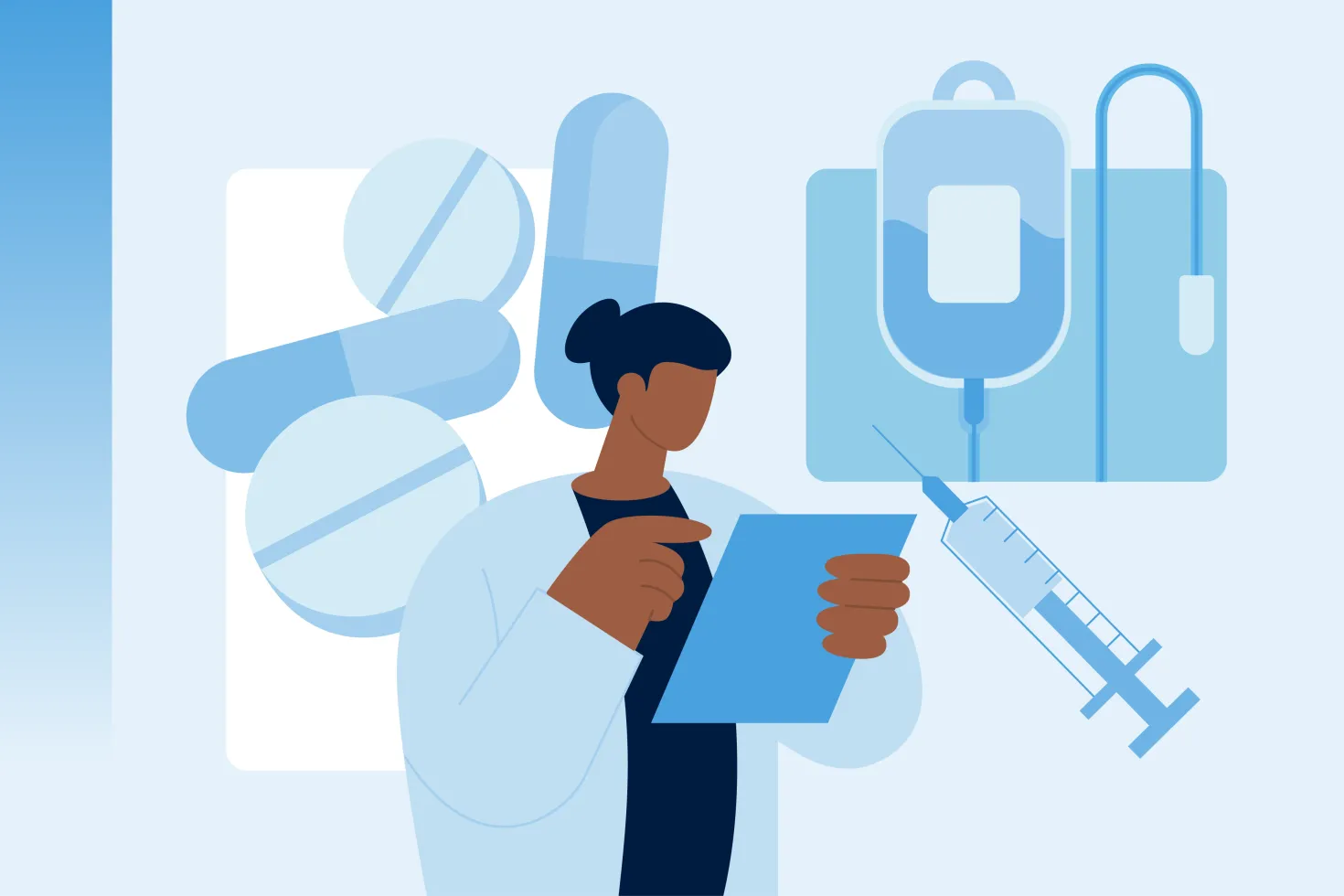
Cancer is the second leading cause of death globally. Ensuring the availability of medicines for treatment – including chemotherapy, immunotherapy, antibiotics and for pain relief – is crucial.
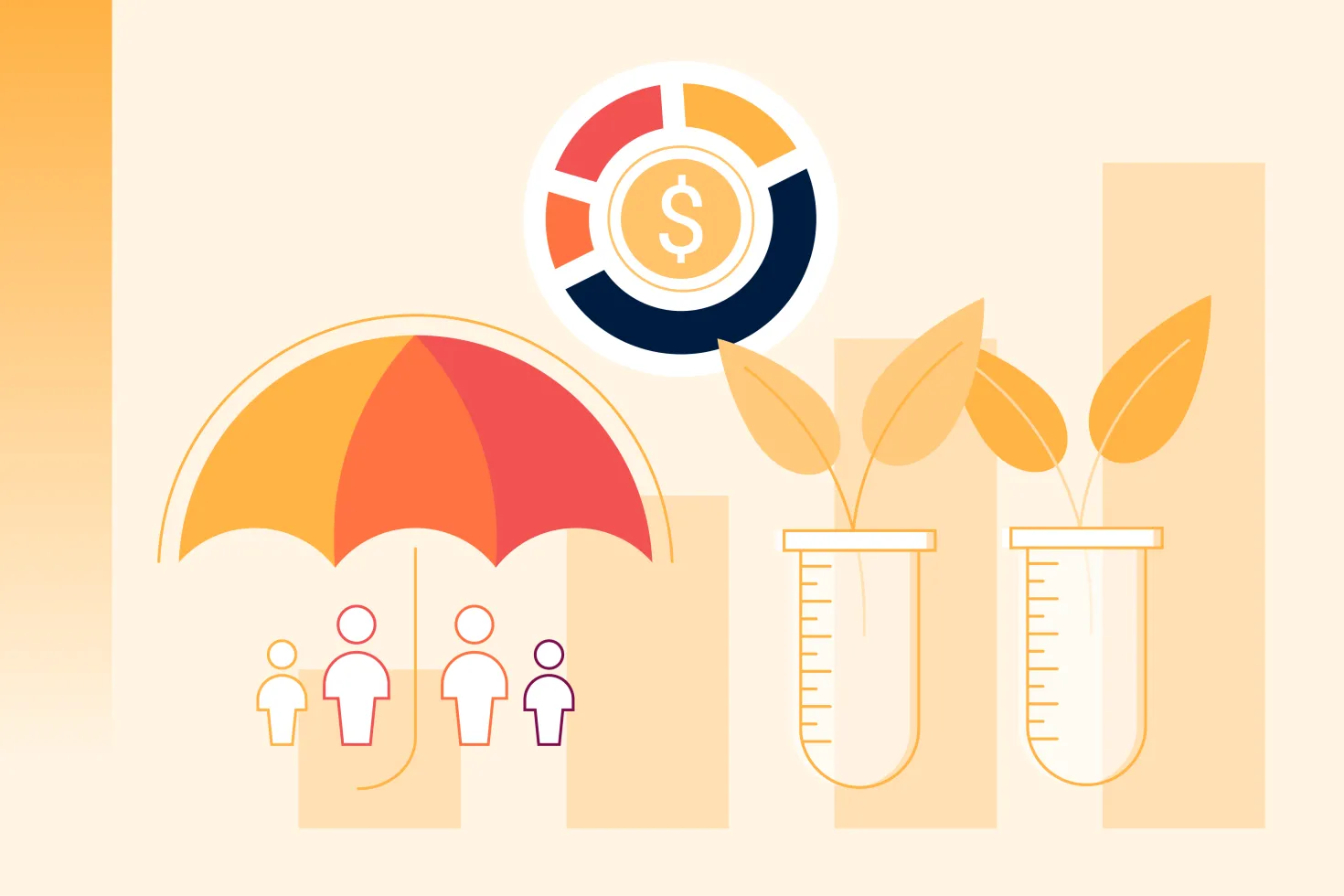
Adequate and effective investment is often considered the achilles heel of global cancer control.
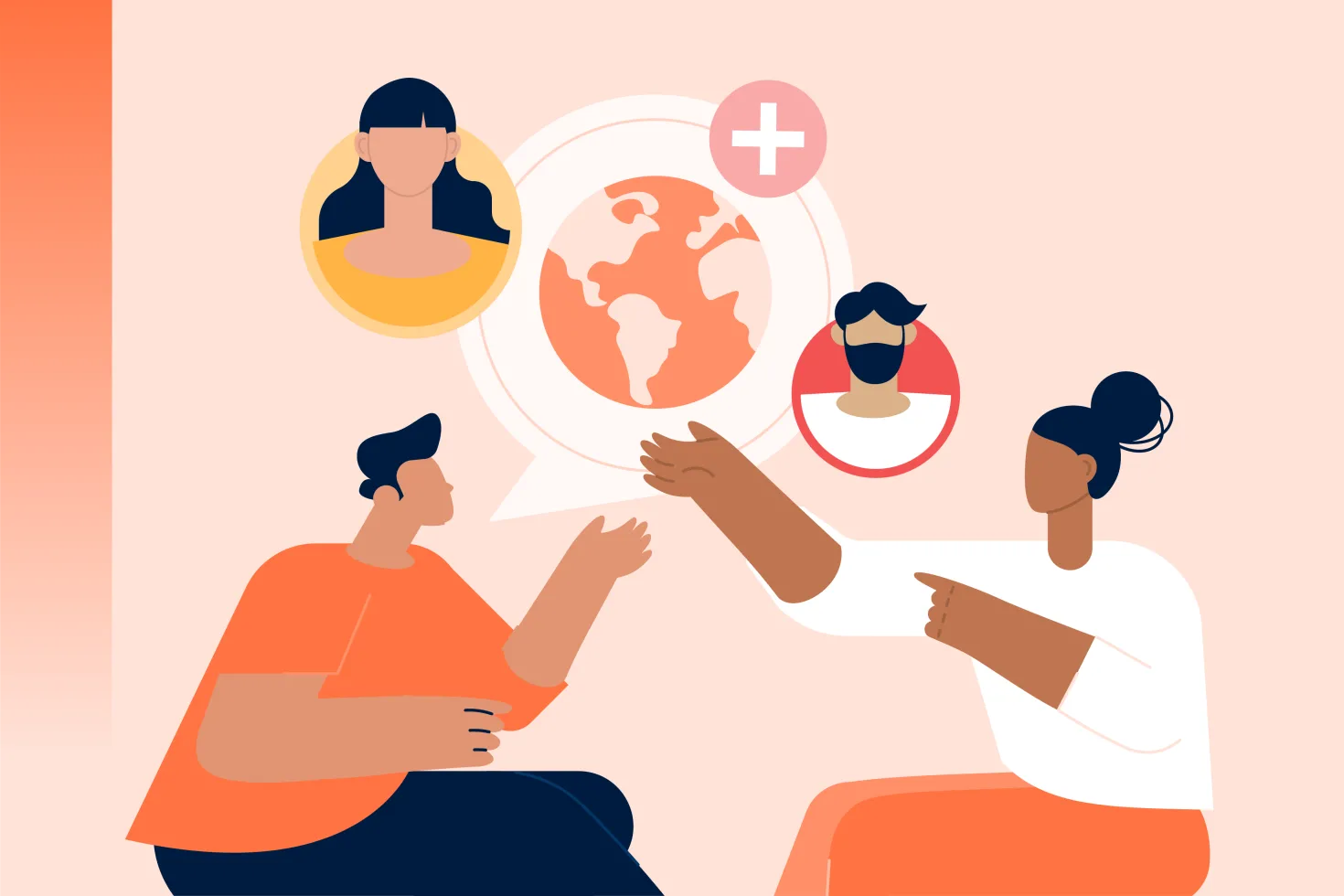
One of the most important developments in public health policies in the last few decades is the shift from the traditional understanding of patients as merely “recipients of healthcare services” to their conceptualisation as “active participants” in all aspects of their health.
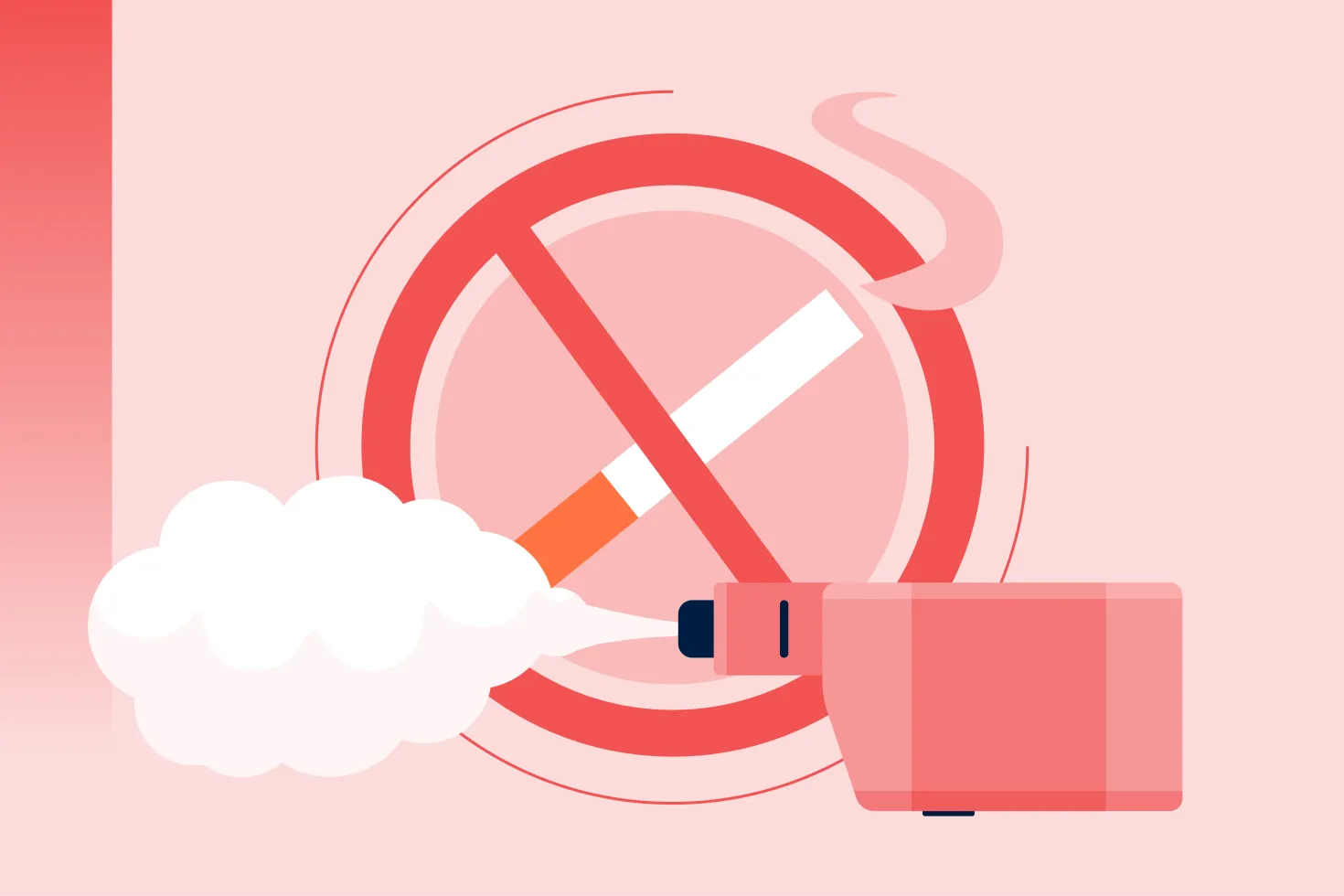
Tobacco kills 8 million people worldwide each year, mainly in low- and middle-income countries where 80% of the world’s smokers live.
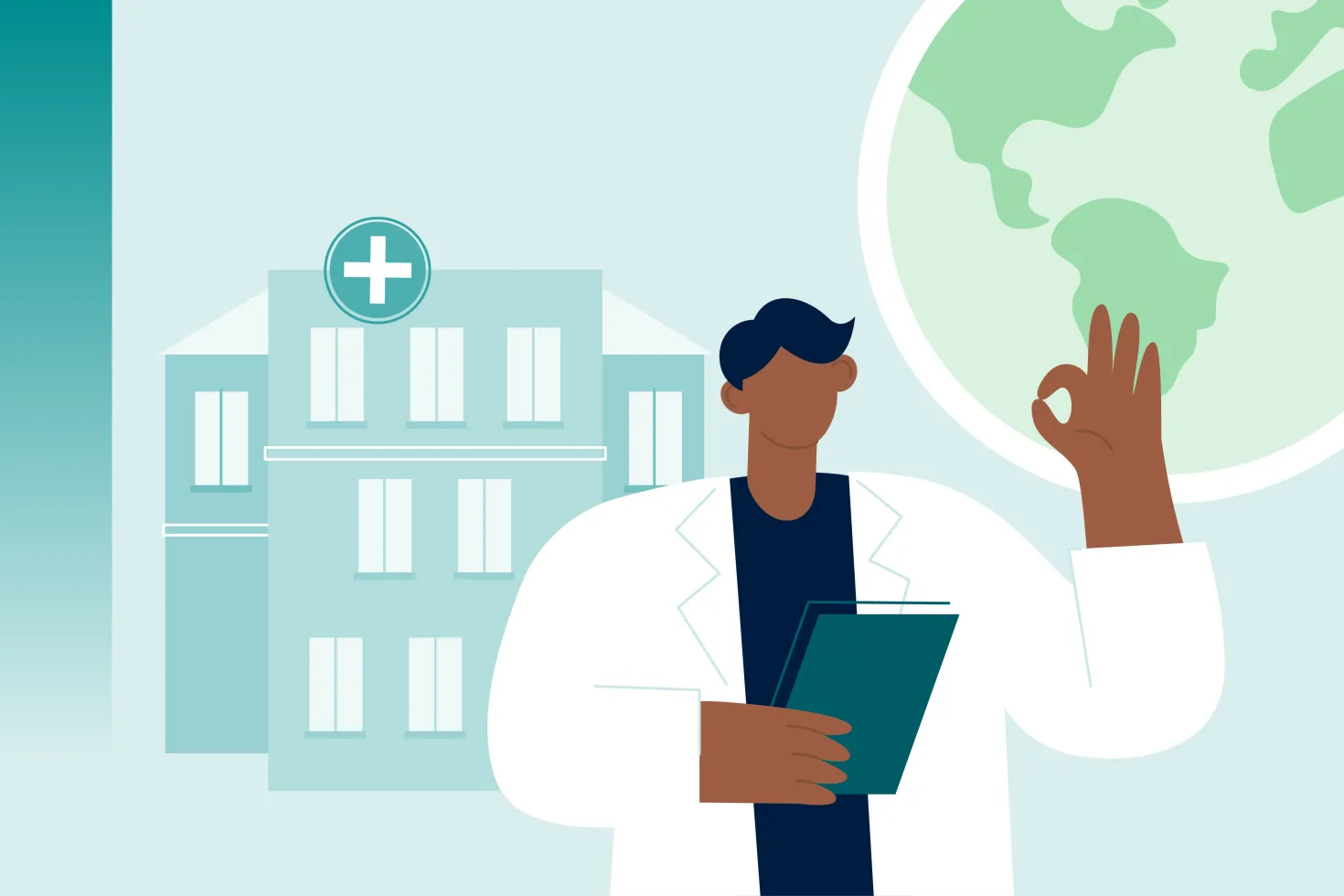
Universal health coverage means that all people can benefit from quality health services, where and when they need them, without suffering financial hardship.
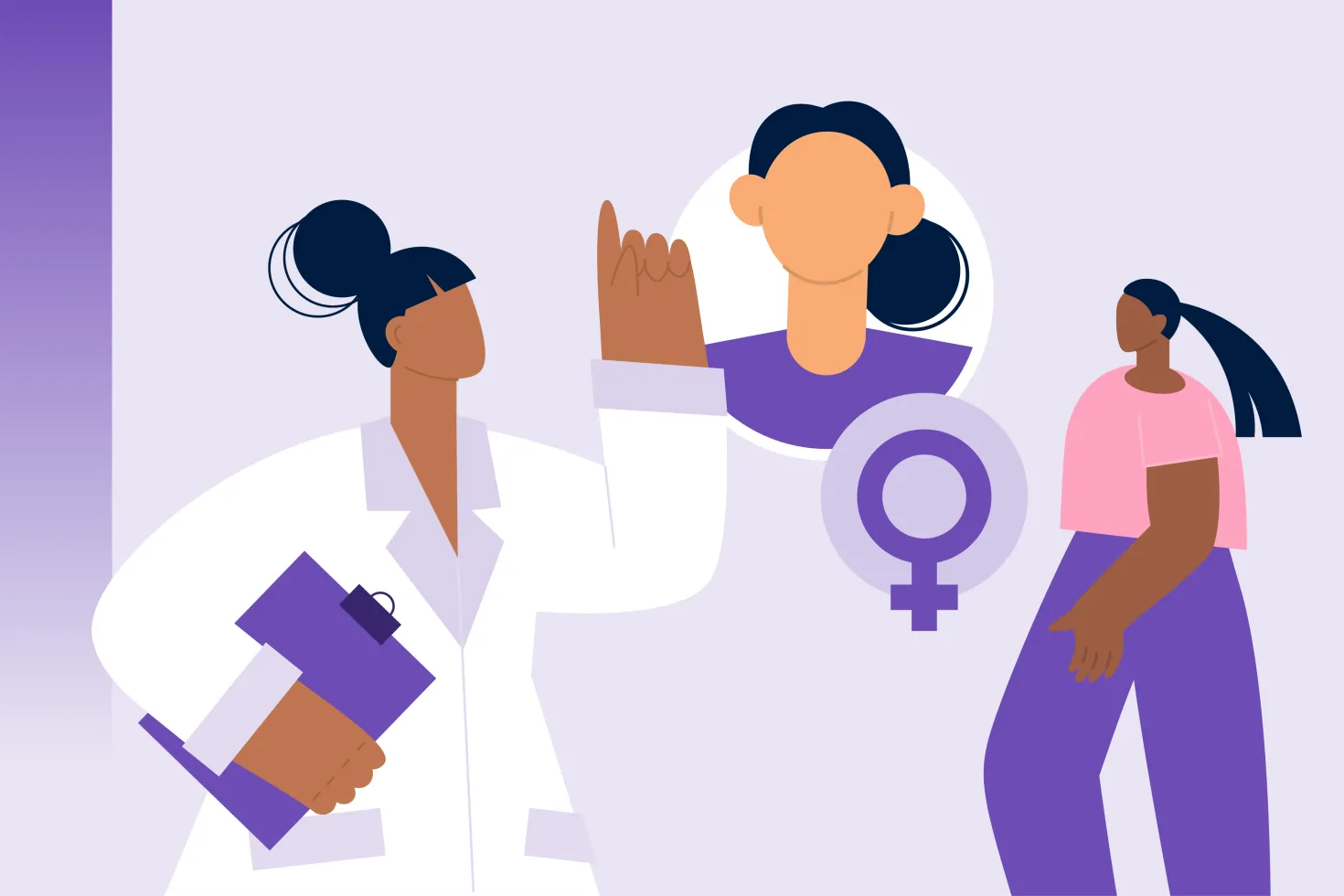
Today, breast and cervical cancer combined are the leading causes of death from cancer in women with over 1 million deaths each year globally.
Last update
Wednesday 11 February 2026